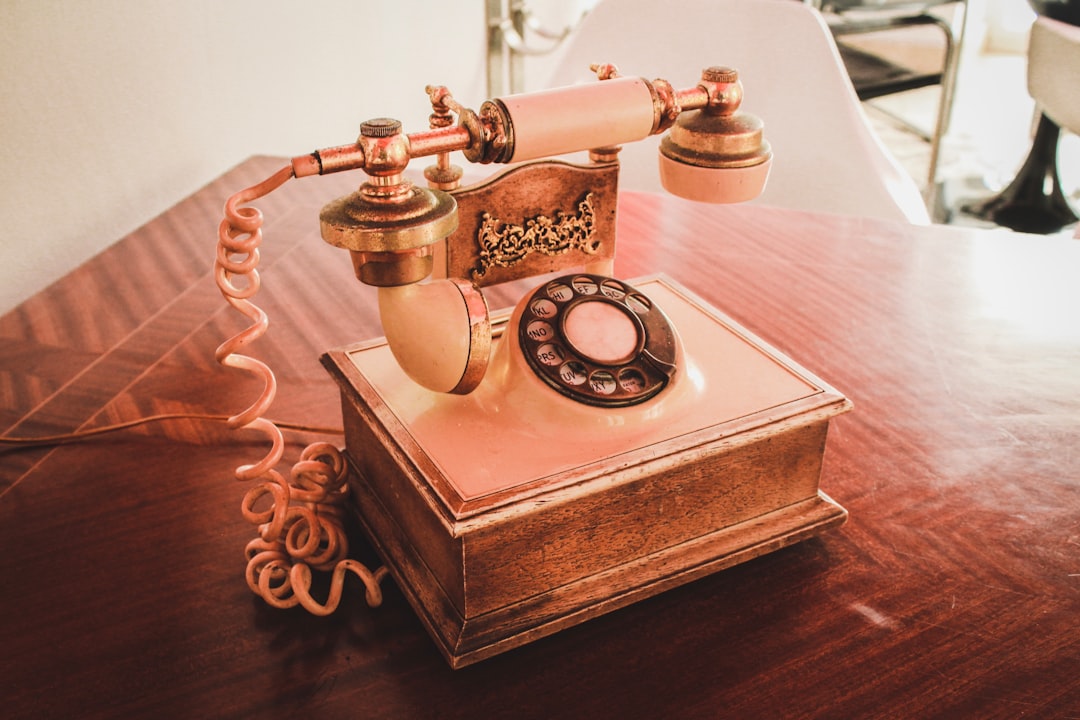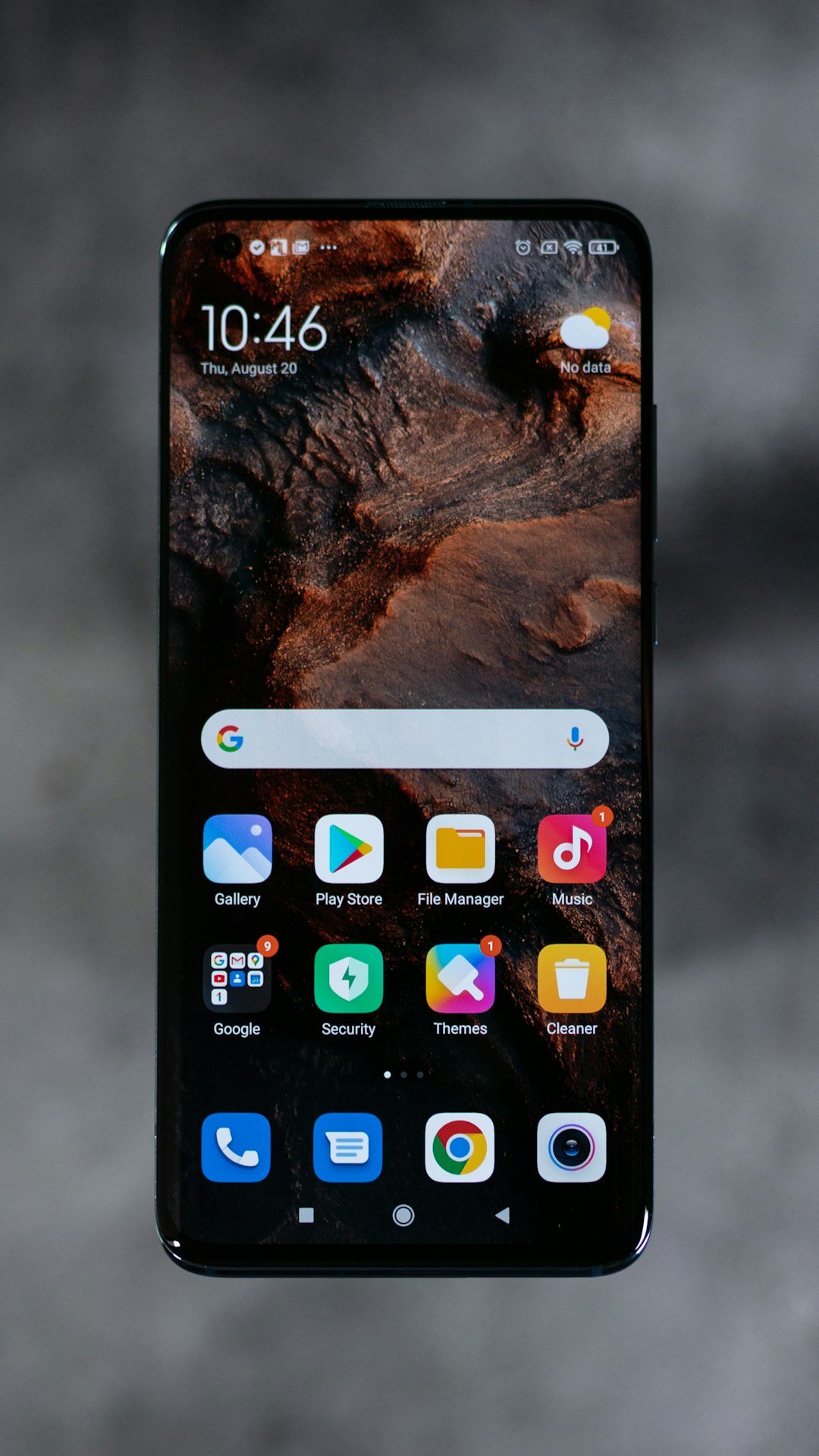Maryland's No Call Law protects residents from unwanted telemarketing and scams, with a focus on vulnerable individuals. By registering on the Do Not Call list and verifying communications, Frederick, MD, citizens can safeguard their personal data and privacy. Specialized no call law firms in Maryland assist victims of fraud, offering legal guidance, evidence collection, and support through local resources and awareness campaigns.
In Frederick, Maryland, staying alert is key to avoiding scams. This guide navigates your defense against fraudulent activities, leveraging Maryland’s robust ‘No Call’ law and empowering you to recognize common scam techniques. We provide a step-by-step plan for safeguarding personal information, outline legal actions against fraud, and highlight community resources for support. Stay informed, protect yourself, and join the fight against scams in Frederick with the insights from this comprehensive resource. Discover your rights as a Maryland resident under ‘No Call’ law firms and become an unlikely scam prevention champion.
Understanding Maryland's No Call Law and Its Impact on Scams

In Maryland, the No Call Law is a powerful tool that helps protect residents from unwanted telemarketing calls and scam artists. This law restricts the number of automated or prerecorded phone calls consumers receive, offering much-needed relief from persistent and aggressive marketing tactics. By implementing this regulation, Maryland has taken a significant step towards curbing the prevalence of scams, especially those targeting vulnerable individuals.
The No Call Law allows residents to register their phone numbers on the Do Not Call list, significantly reducing the volume of unsolicited calls they receive. This measure is particularly effective in deterring scamming attempts, as many scams initiate contact through phone calls. By limiting these calls, Maryland’s law creates a safer environment for its citizens, making it harder for scammers to reach and manipulate potential victims. Moreover, it encourages residents to be more cautious when answering unknown calls, empowering them to protect themselves from falling prey to fraudulent schemes.
Recognizing Common Scam Techniques in Frederick

In Frederick, Maryland, recognizing common scam techniques is an essential step in protecting yourself from falling victim to fraudulent activities. One prevalent tactic used by scammers involves impersonating legal firms or government agencies to gain your trust. They may call or send emails pretending to be from reputable no call law firms in Maryland, claiming there’s a legal issue or a tax refund waiting for you. These scams often target the elderly and less tech-savvy individuals who might not be as aware of these deceptive practices.
Being vigilant and cautious is key. Always verify the identity of any caller or sender by contacting the organization directly using official contact information from their website or better yet, through a trusted source. If something seems urgent or out of the ordinary, take a step back to confirm its legitimacy, especially if they’re pressuring you to act immediately.
Protecting Your Personal Information: A Step-by-Step Guide

In today’s digital age, personal information is a valuable commodity, and it’s crucial to be vigilant in protecting your data. Scammers often target individuals by seeking sensitive details like social security numbers, bank accounts, and passwords. To safeguard yourself, follow these steps:
1. Be cautious online: Avoid sharing personal information unless absolutely necessary. Be wary of suspicious emails or messages asking for private details. Legitimate organizations will not request such information via text or email. Moreover, ensure your devices are secure with strong, unique passwords and up-to-date software to prevent unauthorized access.
2. Know the No Call Law: Maryland has implemented a ‘No Call’ law to protect residents from unwanted telemarketing calls. You can register your phone number on the state’s Do Not Call list, which will reduce the likelihood of receiving scam calls. This simple step can significantly enhance your privacy and peace of mind.
3. Verify before responding: If you receive a call or message from an unknown source, don’t panic. Instead, take a moment to verify the source independently. Contacting the organization directly through their official website or phone number can help confirm if the communication is legitimate.
Navigating Legal Actions Against Fraudulent Activities

In Frederick, Maryland, navigating legal actions against fraudulent activities is a crucial step in maintaining a safe and secure community. If you’ve been a victim of a scam or fraud, the first course of action is to document all interactions and gather evidence, such as emails, text messages, or recordings of any conversations with the perpetrators. This proof will be invaluable when considering legal options.
One effective strategy is to contact reputable no call law firms in Maryland, which specialize in consumer protection and fraud cases. These professionals can guide you through the legal process, help file a report with local authorities, and potentially pursue litigation against the culprits. By involving such experts, individuals can protect themselves and contribute to deterring future fraudulent activities in their community.
Community Resources and Support for Scam Victims in Frederick, MD

In Frederick, Maryland, victims of scams are not alone. The community offers a range of resources and support systems to help those affected. Local non-profit organizations and government agencies provide assistance, counseling, and legal aid to scam survivors. These entities often host educational workshops and awareness campaigns to empower residents with knowledge about common scams and how to protect themselves.
For those who have fallen victim to fraudulent activities, there are options available. Frederick County offers a No Call Law Firm program that helps residents register for protection against unwanted telemarketing calls. This initiative is designed to reduce the risk of future scams by limiting the number of marketing calls citizens receive. Additionally, local support groups provide a safe space for victims to share experiences and gain emotional support during their recovery process.






